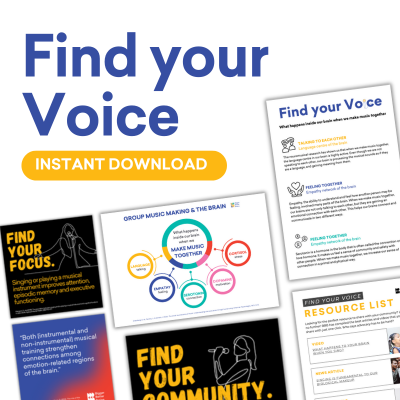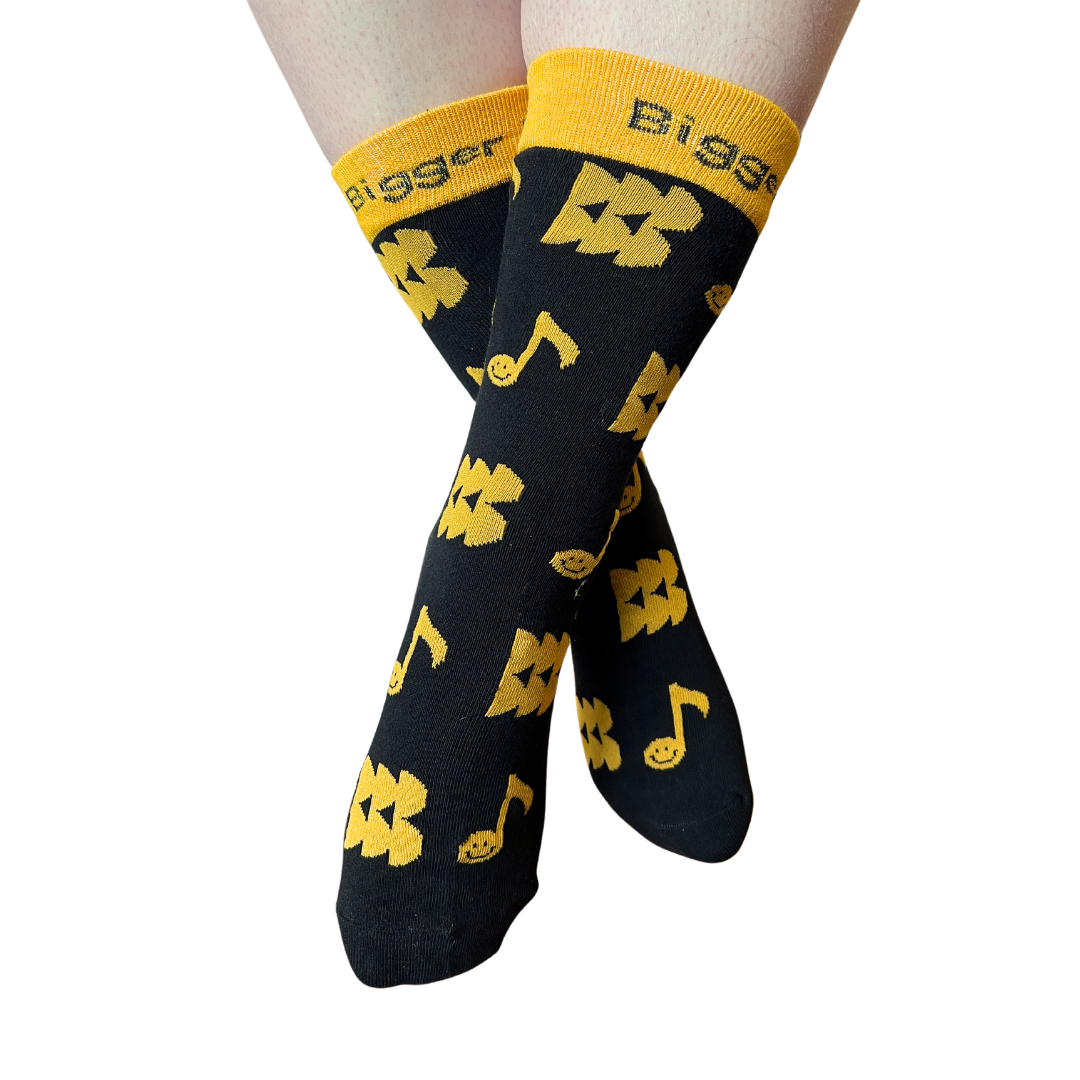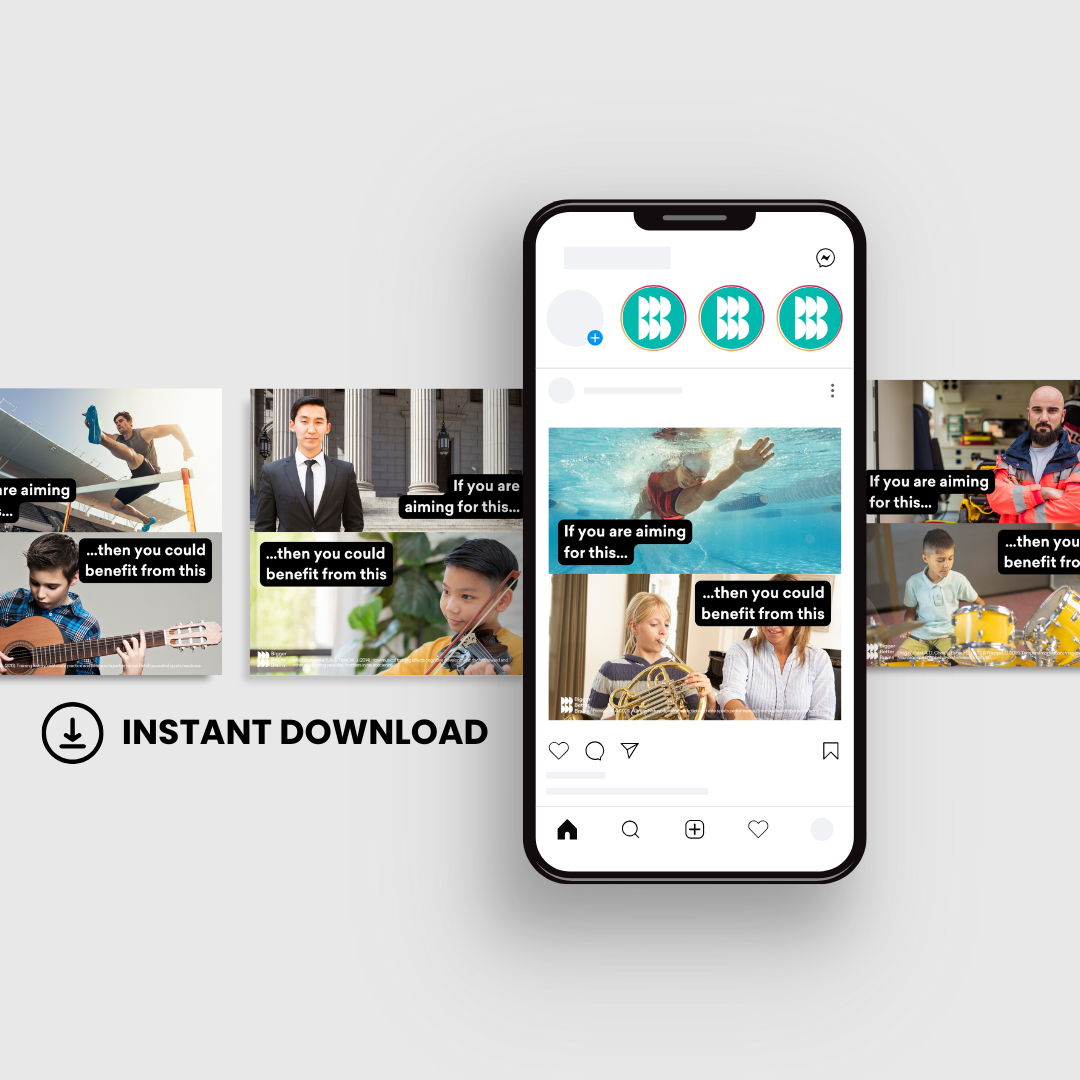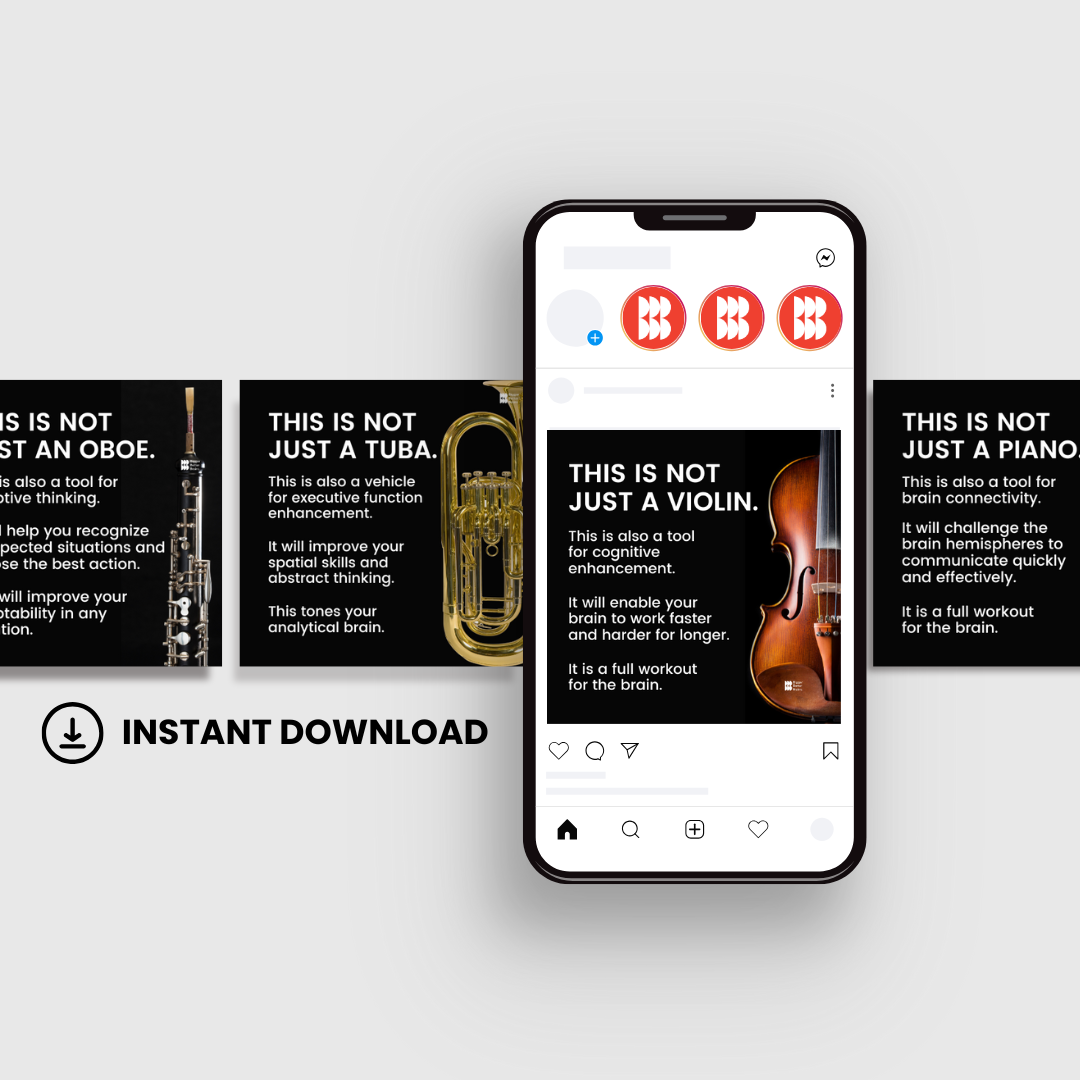
Research Updates

Here at Bigger Better Brains we believe that through educating yourself, you can then educate and affect positive change in your community.
With all of the research in the field of neuromusical science, our BBB Research section serves as a content hub for you. We regularly share findings and break down the latest research to educate and inspire discussion. We hope you enjoy this page on our website and share BBB news with your colleagues, parents and students.
How Music Primes the Brain for Learning
This article delves into the transformative impact of music education, particularly for underserved students, and a strategic tool for addressing academic challenges, boosting attendance, language skills, and social integration.
Explaining music and the brain to young children
You don’t have to be a musician to reap the benefits of music. Enjoying music activates a slew of brain regions, including areas involved in hearing, movement, reward, and emotion.
Have the impacts of music learning been exaggerated?
The field of neuromusical research has reached a new stage – large data-driven studies that are seeking to understand the overall effect of music learning on cognitive development and academic achievement.
2024 Celebrate to Advocate Calendar
The 2024 Celebrate to Advocate Calendar is your go-to guide for making advocacy effortless this year!
BBB Research Bites
Research Bites make it effortless for your community to grasp the advantages of music education. They are the perfect addition to your emails, on your social media or in your e-newsletters!
Music Learning helps Language Learning
Research Quick Reads aim to equip you with key insights to share the benefits of music education with your school leaders, staff, or parents. Consider these your secret weapon for initiating meaningful conversations on this topic.
What happens to your brain when you sing?
Professor Sarah Wilson explains how singing is a form of natural therapy in this video by ABC Classic. She highlights the effect that singing has on motor networks, listening networks, planning and organisational networks, memory, language, and emotional networks. Essentially, singing is a full workout for the brain!
Music as Pain Relief
Recent research suggests that music, especially preferred tunes, can serve as potent painkillers. A study conducted by Darius Valevicius from McGill University found that participants listening to their favourite tracks experienced significantly reduced pain intensity and unpleasantness compared to silence or scrambled sound.
The Key to Healthy Ageing
New research suggests that playing instruments and singing may support brain health as we age. A study found that engaging in musical activities, especially playing keyboard instruments, correlates with improved memory and cognitive function later in life.
Fireworks 007 - Why do people break up with music learning?
Packed with BBB updates and our year in review, a new opinion piece written by Dr Anita Collins, a new community success story, and so much more. Fireworks will inspire and motivate you to advocate for music education.
The Cognitive Symphony of the Brisbane City Pops Orchestra
This article dives into the history and enduring vitality of the Brisbane City Pops Orchestra who have recently celebrated their milestone 50th-anniversary performance. The orchestra boasts a diverse ensemble of musicians spanning generations, including members who have been involved since the beginning.





















